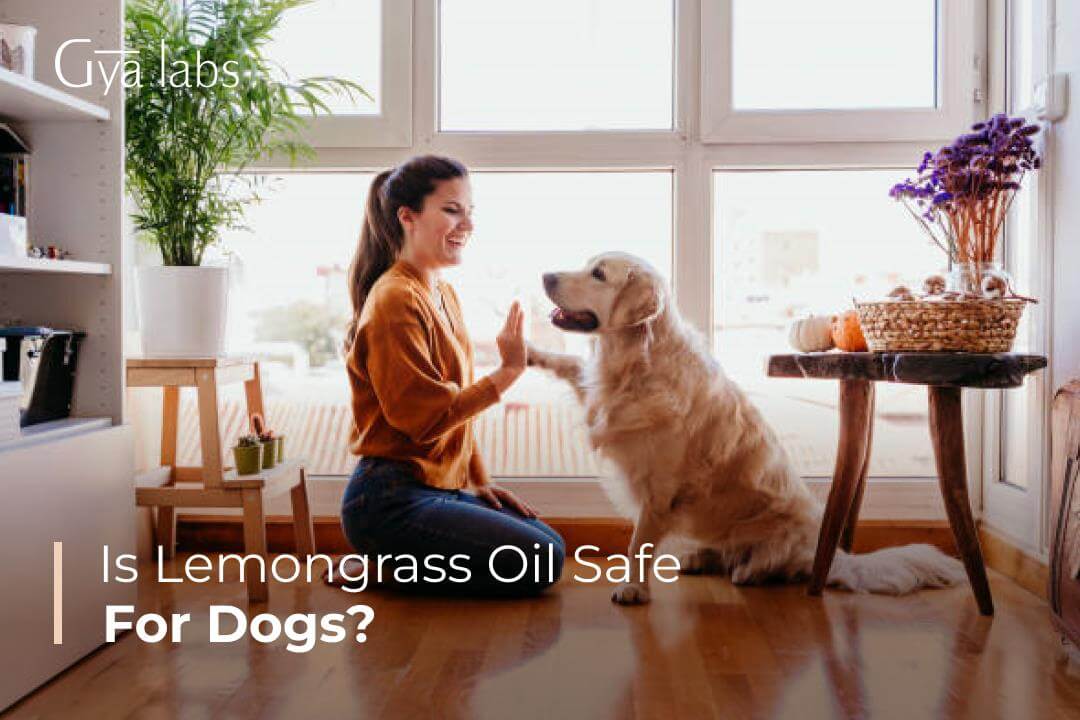Peppermint is one of the popular herbs that has been used for centuries because of its medicinal properties (1). Peppermint is usually found in two major forms: peppermint extract and peppermint oil.
Despite the fact that both are derived from the same plant, there are certainly significant differences between the two. Peppermint has a very refreshing minty scent because of the menthol in it that can instantly boost your mood and energize you.
In this post, efforts have been undertaken to understand these key differences between the two.
What Is Peppermint Extract?
Peppermint extract is made from peppermint leaves and steams by soaking it in alcohol which should be strained before use. In this process, the alcohol absorbs or extracts the flavor from the peppermint plant.
Another method used is by diluting peppermint essential oil with alcohol. This means that peppermint extract is a peppermint-flavored alcohol. Peppermint extract can be made in one of two ways discussed.
There are three different forms of peppermint extract: natural, imitation, and artificial. The natural peppermint extract includes fewer ingredients like peppermint oil, alcohol, and in some cases, water as well. Whereas imitation and artificial peppermint extracts usually contain artificial flavors.
What Is Peppermint Oil?
Peppermint oil is found in its most natural form. Peppermint oil is pure oil extracted from peppermint leaves (2). It is highly concentrated, which is known as an essential oil and is derived through a steam distillation process from the leaves and stems of the peppermint plant. In this process, the plant is exposed to very high temperatures along with high-pressure steam.
Because of the high heat and steam, the oil gets evaporated. The vapor that is achieved is a mixture of both oil and steam, and once this is cooled down and condensed, the pure essential oil can be easily separated.
What Is The Difference Between Peppermint Extract And Peppermint Oil? | Peppermint Oil vs. Peppermint Extract
Composition
Peppermint extract is made by dissolving peppermint oil in alcohol or another liquid, such as water or glycerin. The resulting product is a liquid that is typically used as a flavoring agent in food and beverages, as well as in some personal care products.
Peppermint oil, on the other hand, is a concentrated, essential oil that is distilled from the leaves and flowers of the peppermint plant. It is typically used as a natural remedy for a variety of health concerns, as well as in aromatherapy and cleaning products.
Uses
One of the most significant differences between peppermint extract and peppermint oil is their uses. Peppermint extract is primarily used as a flavoring agent in food and beverages, such as candy, gum, and ice cream. It is also commonly found in some personal care products, such as toothpaste and mouthwash. Peppermint extract can be used as a substitute to peppermint oil in making some recipes (3).
Peppermint oil is also used as a natural insect repellent and an ingredient in cleaning products.
Potency
Another key difference between peppermint extract and peppermint oil is their potency. Peppermint oil is four times as potent as peppermint extract mainly because of its high concentration. Peppermint extract is in diluted form, so it will be required in larger quantities to add flavor. On the other hand, because of its high potency, peppermint oil can be used in small amounts.
Safety
Both peppermint extract and peppermint oil are considered safe when used as directed. However, peppermint oil is highly concentrated, and as such, it should be used with caution. It should not be used undiluted on the skin, and it should be avoided by people with certain medical conditions, such as acid reflux or heartburn.
To use peppermint oil, simply dilute it with any carrier oil like jojoba oil, coconut oil, argan oil, avocado oil, etc.
Key Differences Between Peppermint Extract and Peppermint Oil
| Criteria | Peppermint Extract | Peppermint Oil |
| Source | Diluted peppermint flavor; alcohol or glycerin-based | Pure concentrated peppermint essential oil |
| Concentration | Lower concentration of peppermint | Highly concentrated and potent |
| Primary Use | Culinary use (baking, cooking, beverages) | Aromatherapy, topical application, skincare |
| Extraction Method | Alcohol or water extraction | Steam distillation of peppermint leaves |
| Shelf Life | Shorter shelf life due to alcohol | Longer shelf life (if stored properly) |
| Potency | Mild flavor and scent | Strong flavor, cooling effect, and aroma |
| Safety | Safe for ingestion in food recipes | Not safe for ingestion; requires dilution |
What Are The Uses Of Peppermint Oil And Peppermint Extract?
Both peppermint extract and peppermint oil can be used in cooking. Though usually, oil is used over extract as the extract is made of alcohol content which evaporates quickly when heated, and thus, the peppermint flavor also fades away. This is not the case with peppermint oil, as it stays intact even when heated.
Peppermint oil has many health-related benefits. It is widely used in skincare and healthcare (5). It also treats itchy skin. Peppermint oil can be used in topical creams and lotions as well to treat skin rashes or irritation. Peppermint oil can also be used in shampoos; you just need to add 1 teaspoon of oil to it.
You can use peppermint extract as aromatherapy by diffusing it with water or any other carrier oil. It helps in clearing congestion, if any and can also reduce lung irritation. Peppermint extract can also be used to make peppermint tea by diluting it with water. It is also considered safe to use in many baking products.
Popular Uses of Peppermint Oil vs. Extract
| Use | Peppermint Extract | Peppermint Oil |
| Flavoring Food & Beverages | Perfect for desserts, hot chocolate, teas | Not recommended due to its strong concentration |
| Aromatherapy | Limited use; mild scent | Ideal for diffusers, promoting relaxation |
| Topical Application | Not typically used topically | Diluted with carrier oil for muscle relief |
| Skincare | Rarely used in skincare products | Common in DIY skincare for cooling properties |
| Home Remedies | Limited applications | Effective for headaches and congestion relief |
| Candles and Soaps | Not suitable | Used for scenting candles, soaps, and balms |
Summary
Peppermint extract and peppermint oil are both derived from the peppermint plant, but they are distinct products with different uses, potencies, and safety considerations.
Both are considered safe when used as directed, but peppermint oil should be used with caution due to its high concentration. Peppermint oil is much stronger as compared to peppermint extracts.















